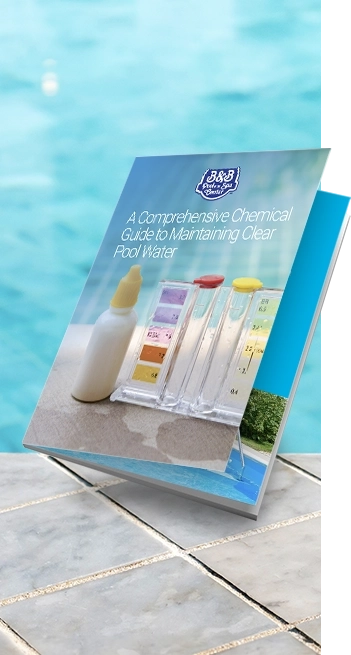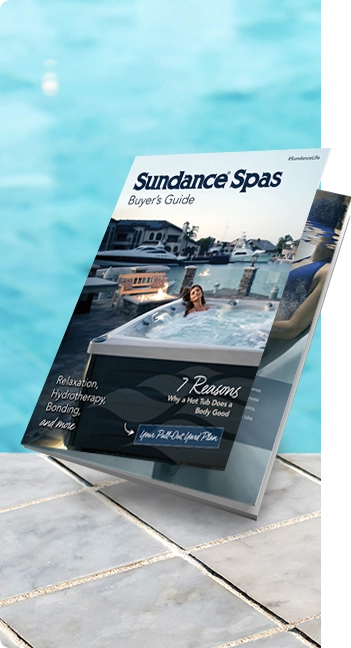Filtration Options for Your Pool
Pool Education, Pools
Pool owners agree that your filtration system is one of the essential components of your swimming pool. Filtration is what helps your pool stay clean and free of debris, and it’s an essential component to managing algae growth. The two main factors to consider when deciding on a filter type are the ease of maintenance and the micron rating (a filter with a lower micron rating can remove smaller particles). There are 3 main types of filters, and valid reasons for choosing each of them. Here we will look at the main filtration options and their features.
Cartridge Filters
These filters can remove a considerable amount of dirt and deposits from the water. At a rating of 10 – 20 microns, they meet the ideal balance between filtration power and ease of maintenance. Periodically rinsing off the cartridges with water is all that is needed, removing the need for backwashing. As a more energy-efficient filter for smaller swimming pools, the cleaning cycles last longer than other filter options. The Clean & Clear Plus is a corrosion-resistant cartridge filter offered by Pentair that we use here at B&B. If you have a saltwater pool or plan to convert to one at some point, a cartridge filter may be the better choice for you.
Sand Filtration
Another type of filtration to consider is sand filtration. This option has a more affordable upfront cost and aids in keeping maintenance low. It works well and is common in more extensive or commercial pools. The sand acts as a trap for debris as the water passes through the filter. As a trade-off for their low cost and ease of cleaning, sand filters carry a micron rating of 20 – 40. However, this type of filter actually grows more effective over time. As debris builds up in the sand bed, it allows the filter to collect smaller particles.
Periodically, debris will need to be cleaned from the filter by backwashing. Pressure gauges on either side of the filter will help determine when backwashing is needed. Over time, the sand will become less efficient as the grit from the sand becomes smooth. The sand will eventually need replacing, but not for several years. The long-term efficiency makes maintenance even simpler and more practical.
D.E. Filters
Diatomaceous Earth (D.E.) is another type of filtration system you may consider. It functions similarly to a sand filter, with a few differences. D.E. can filter out smaller particles than the other two filters mentioned above (as low as 5 microns). This filter will need to be cleaned every six months and is typically replaced every three years, depending on use. As the D.E. powder is finer than sand, some of the powder gets washed out during cleaning and needs to be replenished. For these reasons, D.E. filters are more expensive to maintain. However, they deliver the highest water clarity, which makes pool lighting look more impressive at night.
The Choice is Yours
Your filtration system and efficiency is a significant factor in the overall sanitation of your pool. The type of filtration system you choose will be dependent on your needs and the specs of your swimming pool. We service all three types. However, the majority of new residential pools we build are equipped with cartridge filters. If you have questions about your system or need our installation services, feel free to contact us, and our team would be glad to assist you.


